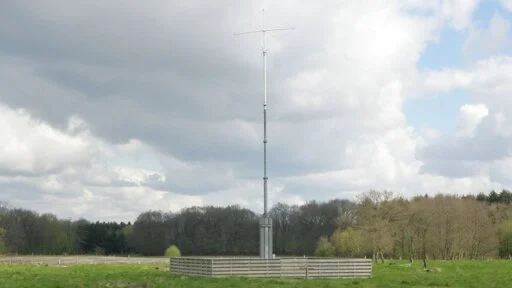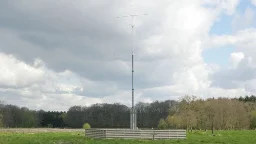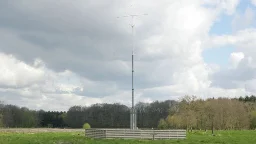Without GPS: EU researchers develop satellite-independent navigation system
Without GPS: EU researchers develop satellite-independent navigation system

Without GPS: EU researchers develop satellite-independent navigation system

cross-posted from: https://europe.pub/post/54802


